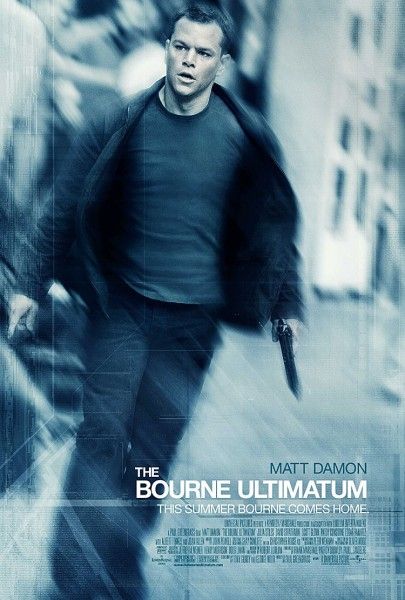As is often the case for projects involving adaptations of popular mythologies, Dune is floundering in the quicksand of deadlines. The reason for the difficulty? Paramount Pictures must balance the development of the branded project on budget while pleasing the rights-holders. And they are running out of time. If production details are not firmed up by spring 2011, the rights-holders (the estate of Dune author Frank Herbert and ABC) will not grant another extension.
But all is not lost! The studio, along with producers Kevin Misher and Richard P. Rubenstein, will court directors using Chase Palmer’s new script. Though Pierre Morel (Taken) was previously slated to direct, he may take on the role of executive producer instead. Even if Paramount puts the kibosh on Dune, Rubenstein, the liaison to the Herbert estate, has enough faith in the script to take the project elsewhere.
Hit the jump to see why this may not be a bad idea, plus a look at the legal status on other projects including the Spider-Man reboot, Ghost Rider: Spirit of Vengeance, Superman: Man of Steel, Battleship, the Bourne franchise, Conan, and Skyline.
For those of you who are unfamiliar with Dune, there is the classic sci-fi novel, the 1984 film adaptation, and the 2000 TV miniseries. (Only one of which features Sting in a pair of Depends.) Dune is about the struggle between houses of an interstellar empire feuding over control of the planet Arrakis, which is the lone source of the rare and valuable spice mélange, a drug which extends a user’s life. Still with me? Good.
Deadline also reports on the state of other branded projects, some which are suffering the same setbacks as Dune, and others that have succeeded in spite of the big studios.
Rights to superhero movies, such as the Spider-Man reboot and Ghost Rider: Spirit of Vengeance may revert back to Marvel and Disney if starting date deadlines aren’t reached. On the other hand, Warner Bros. is rushing development on Superman: Man of Steel so the rights won’t return to the creators Joe Shuster and Jerry Siegel before completion.
Some rights holders, such as Hasbro, have the ability to levy penalties if deadlines aren’t met. But they waived that right to the tune of $5 million when Universal pushed back Battleship by a full year.
In a game of cat-and-mouse worthy of Jason Bourne himself, the estate of author Robert Ludlum has pressured Universal to generate another film in the Bourne franchise. The estate also tried to kickstart a Bourne-based television series, Treadstone, with CBS and Anthony Zuiker (CSI). Though rumor has it that Tony Gillroy only signed on to write The Bourne Legacy under the condition that the TV series would be put on hold.
And finally, some good news for the underdogs out there! Conan spent seven years with Warner Bros. before rights-controller Fredrik Malmberg exercised his right not to extend the option. Instead he partnered with Millenium Films and had a complete movie within three years, ready to open in August 2011. Then there’s Skyline, an independent film directed by brothers Greg and Colin Strause and done almost entirely in-house at Hydralux Studios.
So when it comes to branded projects, independent studios that are flexible enough to take chances may win out over the bloated budgets of traditional studios. I just have a few words of advice for whoever tackles the Dune project:
“Walk without rhythm, you won’t attract the worm.”



